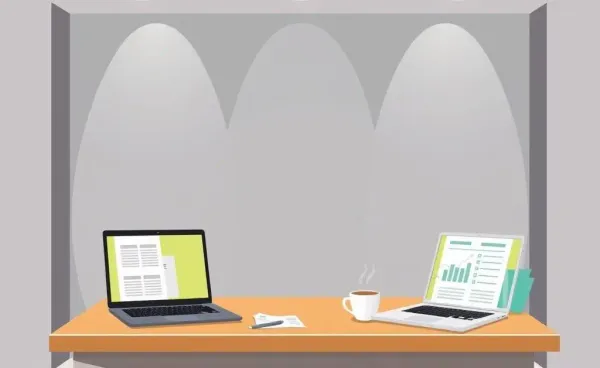Master Your Debt: Strategies for Conquering a $70K Mountain
Explore practical tips to tackle $70K debt without losing your mind.

Did you know that having over $70,000 in debt isn't as uncommon as you might think? Whether it's from student loans, credit cards, or multiple sources, many of us are navigating the rocky terrain of significant debt. But here's the silver lining: with the right strategies, you can manage—or even conquer—that looming mountain of debt.
Assessing Your Debt Landscape
Let's start by getting a clear picture of what you're dealing with. You can't tackle what you can't see, right?
- Total it up: Calculate the total amount you owe across all debts.
- List interest rates: Note the interest rates for each debt to identify which ones need urgent attention.
- Create categories: Group debts into categories like credit card, student loans, etc., for better organization.
Start with Small Wins
When Jane, a fictional mid-30s professional, first faced her $80,000 debt, she felt overwhelmed. Her strategy? Start with small wins. Jane focused on paying off a small credit card balance first. Once she saw that zero balance, her confidence soared, and she moved to the next debt.
Knocking out smaller debts can be as psychologically rewarding as it is financially beneficial, setting up a snowball effect in tackling larger debts.
Exploring Debt Repayment Methods
Once you have a clear picture, it's time to choose a strategy:
- Avalanche Method: Pay off debts with the highest interest rates first. This saves money over time.
- Snowball Method: Tackle smaller debts first for quick wins and build momentum.
- Debt Consolidation: Consider merging debts into one with a lower interest rate.
Each method has its perks, so choose what aligns with your financial goals and psychological comfort.
The Mental Side of Debt Repayment
Debt isn't just a numbers game—it's an emotional battle. It's crucial to maintain a positive mindset. Remember, like Jane, seeing and celebrating small victories can motivate you to keep going.
Have you ever found yourself staring at a pile of bills with a sinking feeling? Consider incorporating a moment of calm in your financial routine. Perhaps a cup of tea and a good book on investing can shift your perspective from one of stress to empowerment.
Long-Term Financial Planning
After you get a grip on your debt, it's time to think long-term:
- Emergency Fund: Build a small fund for unexpected expenses to avoid further debt.
- Invest Slowly: Once debts are manageable, explore investment opportunities to grow your wealth.
Think of it like this: as you reduce that mountain of debt, you're making room to plant new seeds of financial growth.
So, where will you start on your debt journey? Perhaps you've already tried a few strategies with mixed results. Share your thoughts and experiences in the comments. Let's explore this financial adventure together!




